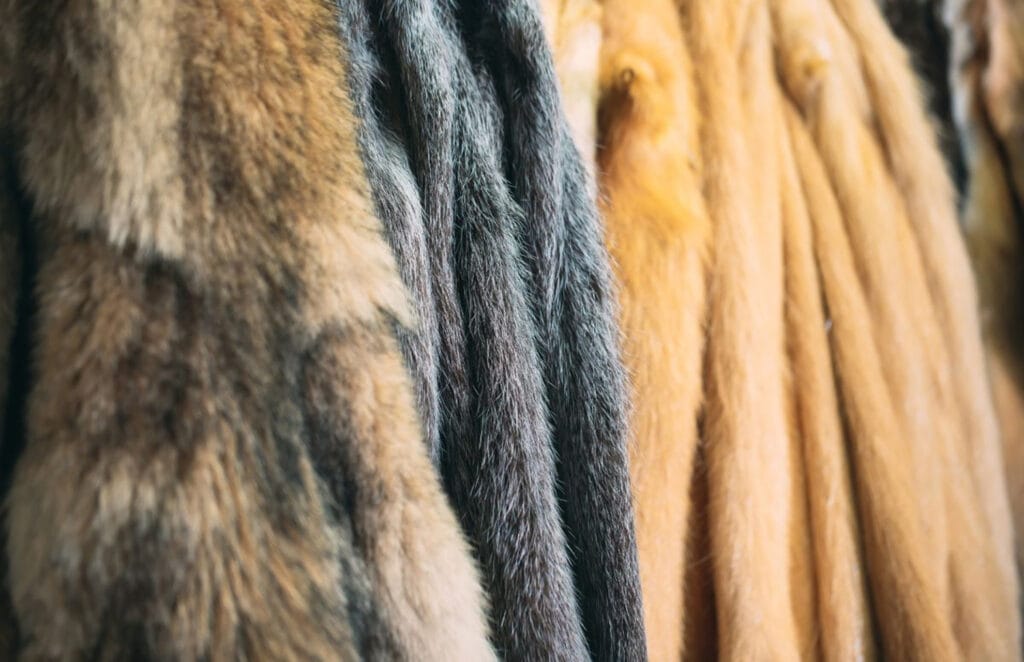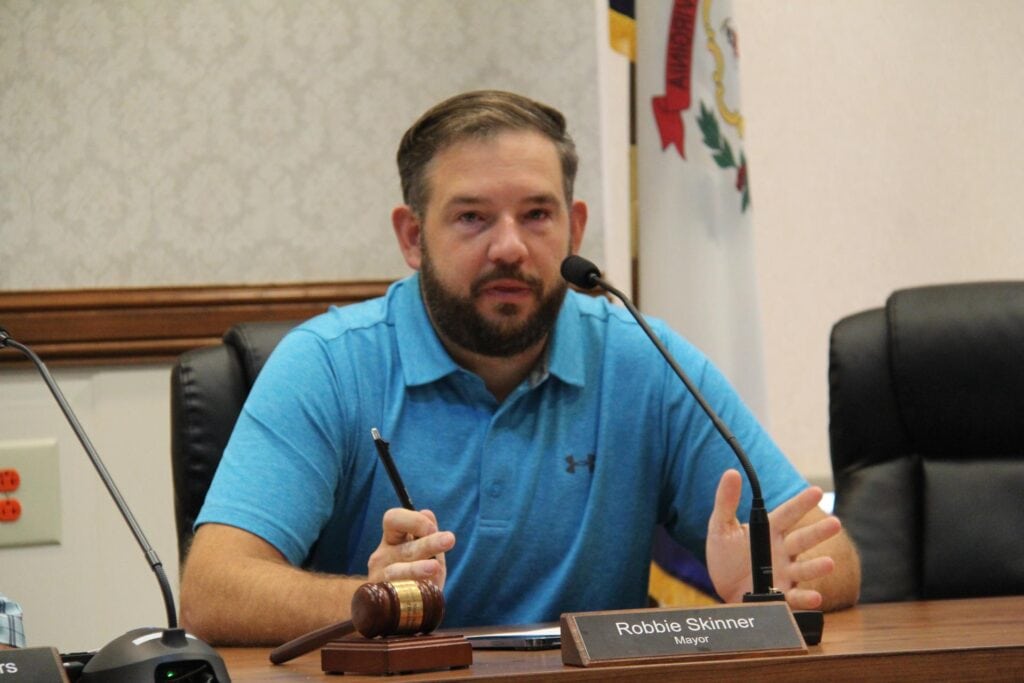SOUTH CHARLESTON, W.VA. — Hunting and trapping seasons for furbearing animals will start soon and state wildlife biologists are anticipating a good harvest due to solid reproduction last winter and favorable mast conditions in some areas around the state.
The raccoon hunting season starts Oct. 17 and raccoon trapping starts Nov. 7. Hunting and trapping seasons for red fox, gray fox and bobcat and trapping seasons for mink, muskrat, fisher, beaver and otter start on Nov. 7.
Electronic Check Requirements For Trappers
Trappers harvesting beaver, bobcat, fisher and otter must electronically check their catch online at wvhunt.com no later than 30 days after the close of the respective season. A game tag number issued by the West Virginia Division of Natural Resources must be recorded in writing with the trapper’s name and address on a field tag, which must be attached to each pelt or whole animal until it’s sold, tanned, processed into commercial fur or mounted.
The WVDNR uses game checking data to monitor harvests around the state and assist in future management of each species. Decisions regarding the length of seasons, opening and closing dates and bag limits depend on accurate data from these tags.
WVDNR Accepting Otter Carcasses For Research
Trappers are being asked to deliver skinned otter carcasses to their local DNR district office. If a hunter is are unable to deliver the carcass, they should contact a district office to arrange a pickup. Examination of these carcasses provide important information that allows for informed decision-making regarding furbearer management and future trapping seasons. A $20 gift certificate will be issued for each useable otter carcass turned into the WVDNR.
CITES Seal Requirements
The WVDNR advises hunters and trappers to obtain a Convention on International Trade in Endangered Species (CITES) seal for each bobcat and otter pelt harvested in West Virginia. The plastic seal is necessary only if the pelts will be shipped out of state. Federal law requires the seal on all bobcat and otter pelts if they will eventually be shipped to international markets such as those in Canada. Bobcats and river otters are not endangered species, but they may be confused with similar looking species found on the international market.
CITES seals must be obtained from the state where the animals were harvested. Seals may be obtained from the Elkins Operations Center and any DNR district office. Trappers should call ahead to ensure personnel authorized to seal pelts will be available.
For more information about hunting and trapping seasons, visit wvdnr.gov or download a copy of the 2020-21 Hunting and Trapping Regulations Summary. To purchase a West Virginia hunting and trapping license, visit wvhunt.com.













